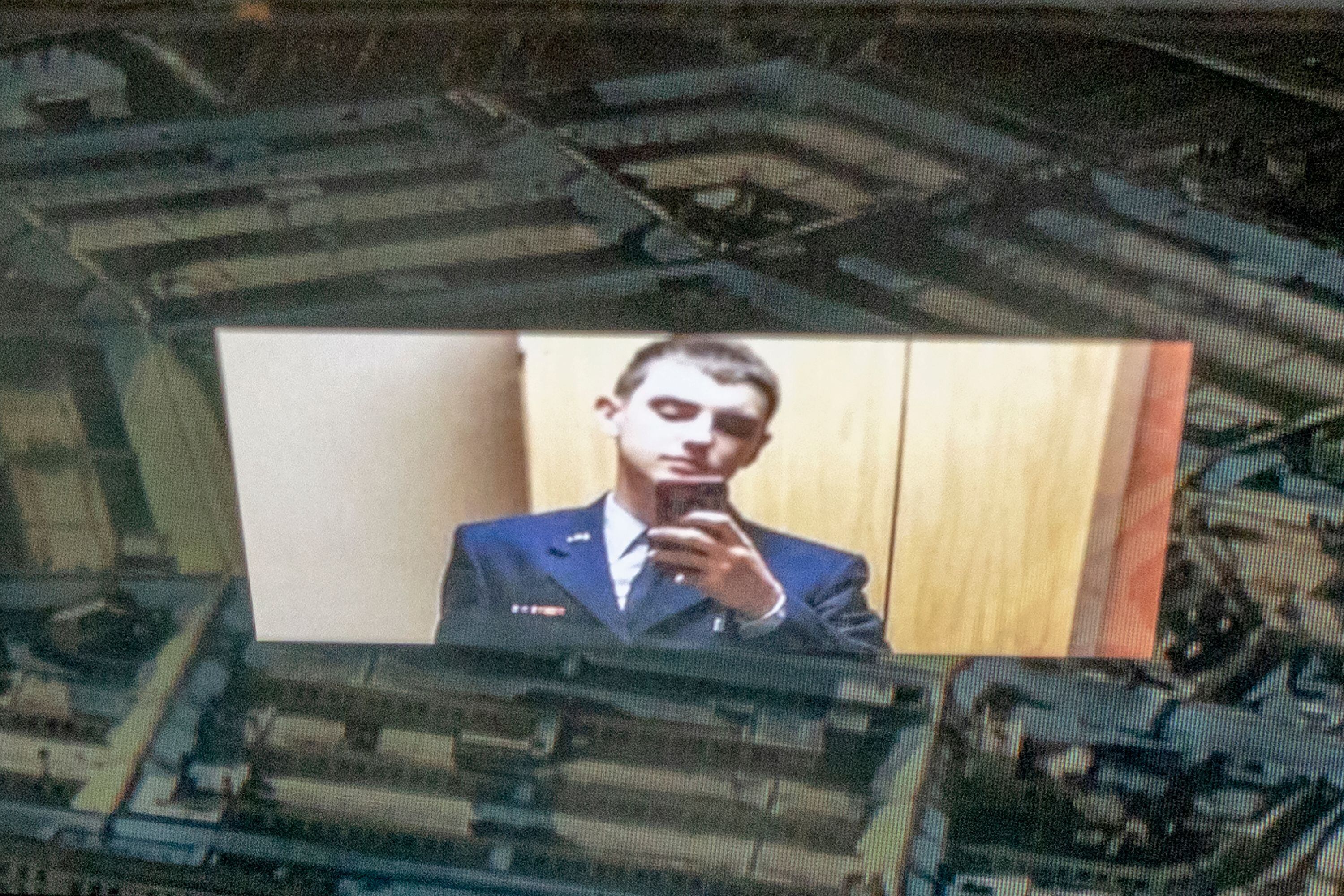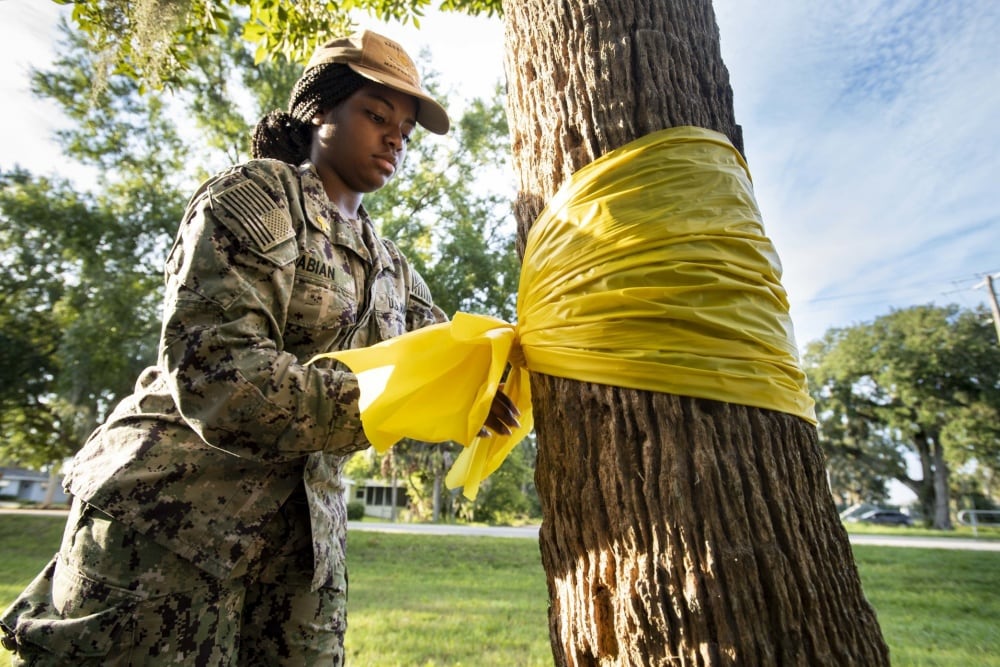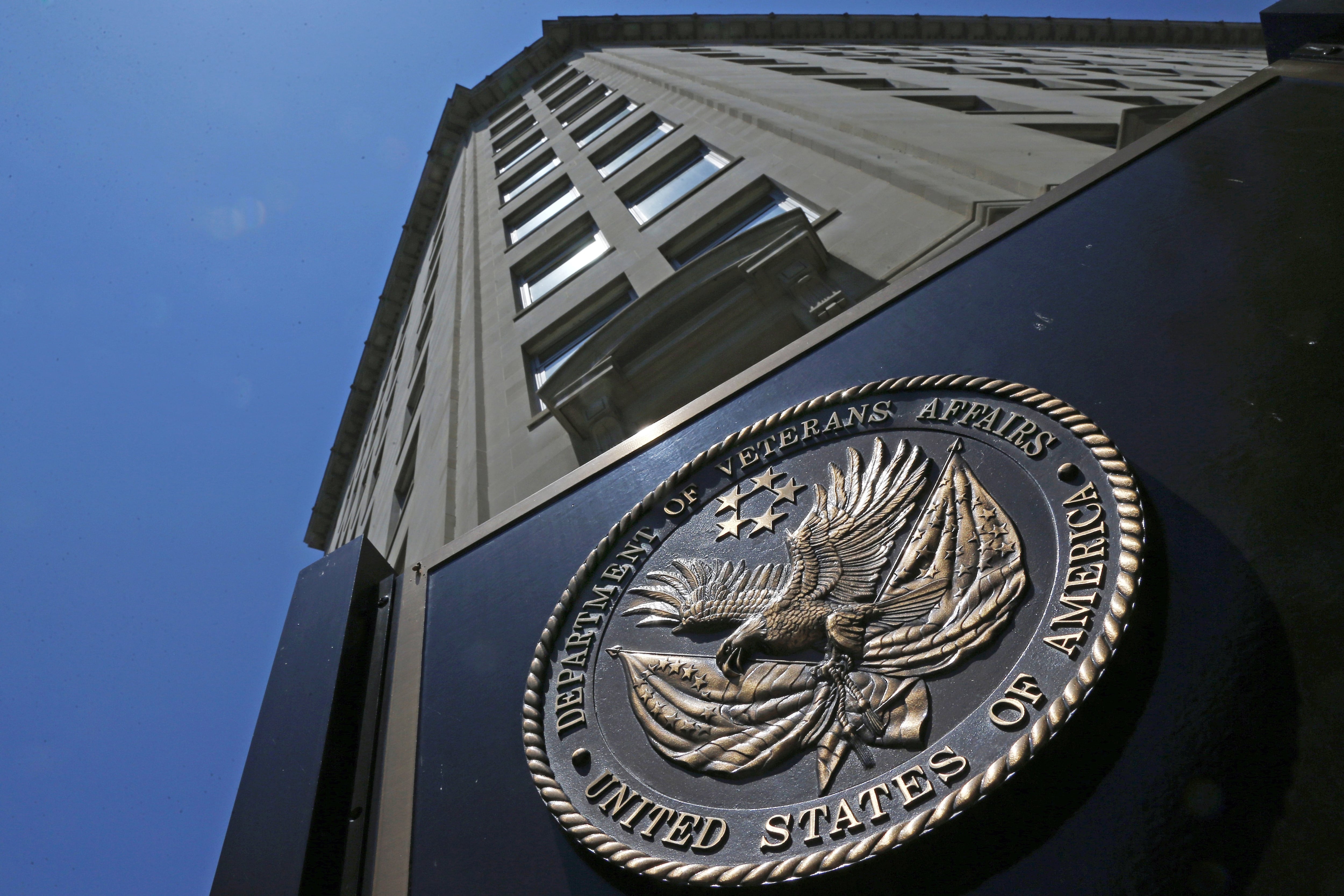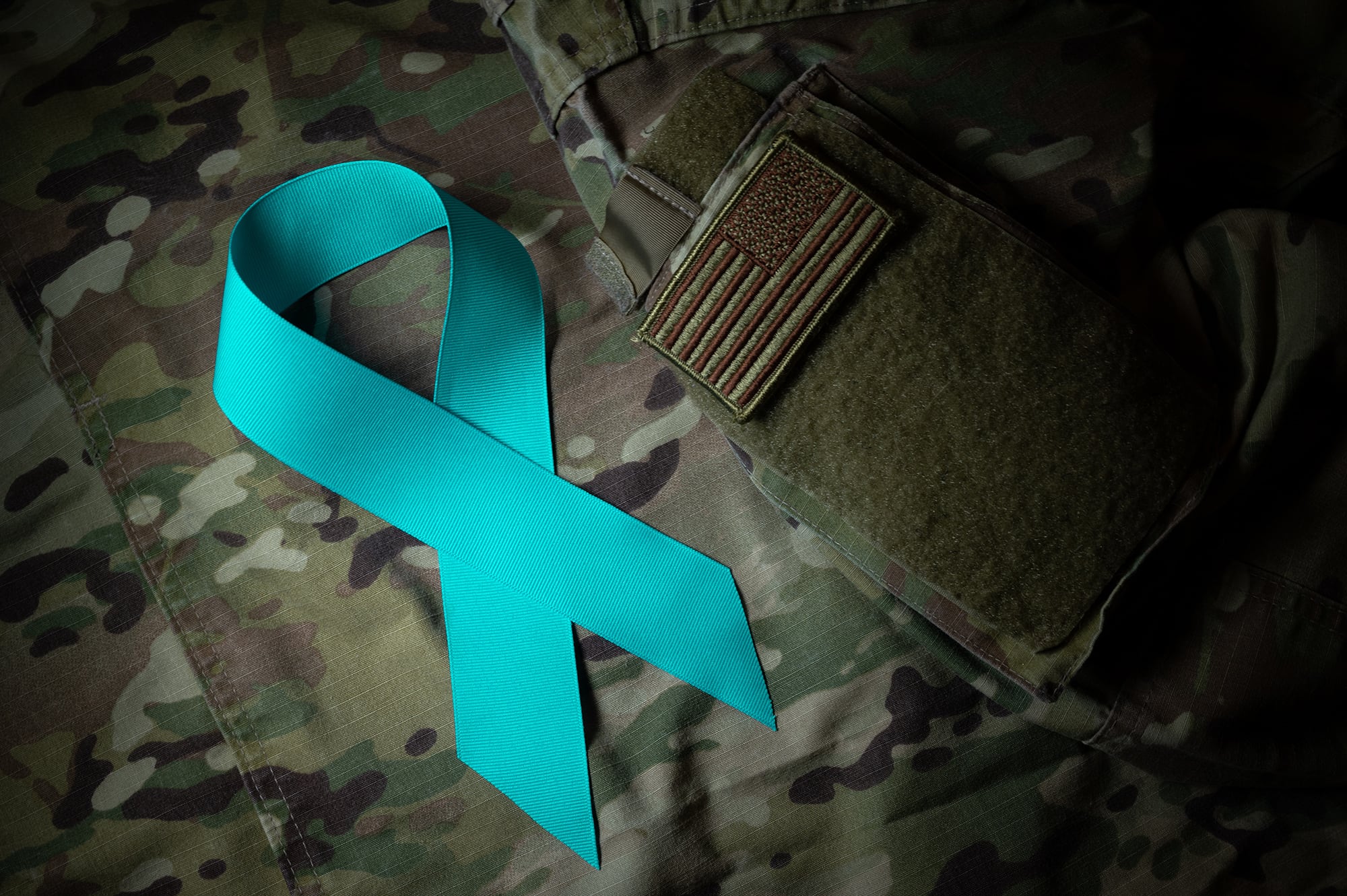WASHINGTON — The White House has canceled plans to decommission an aircraft carrier 25 years early as a cost savings measure, a plan that was largely opposed on Capitol Hill.
Vice President Mike Pence made the announcement to sailors on board the carrier Harry S. Truman, which was to be decommissioned instead of going into its midlife refueling, according to video posted by a Hampton Roads local news reporter on Twitter.
The proposal was met with a wave of skepticism from lawmakers. The proposal also came before the Navy had completed a force-structure assessment due out by the end of the year as well as an ongoing needs assessment from the geographic combatant commanders, leading to questions as to why the service would propose the move without the benefit of those studies.
The decision also coincides with news that Robert Daigle, the head of the Pentagon’s powerful Cost Assessment and Program Evaluation office, will step down in mid-May. Daigle played a key role in the decision to decommission Truman in favor of investments in long-range fires and unmanned technologies.
The proposal to decommission Truman kicked off a public debate about the utility of aircraft carriers, which took center stage in Tuesday’s confirmation hearing for the incoming chief of naval operations, Adm. Bill Moran.
Faced with questions about the aircraft carrier’s relevance in light of Chinese and Russian long-range anti-ship missiles, Moran gave a forceful defense of the platform.
Moran responded to a question from Sen. Richard Blumenthal, D-Conn., saying the Navy is conducting a force structure assessment to identify the right capabilities to field. But he notably added that the carrier is still relevant.
“We have for years evaluated the threats to our aircraft carriers and the other ships in the strike group to be able to deal with those [threats],” Moran said. “The aircraft carrier is the most survivable airfield that we have today — anywhere. And we project it will remain that way well into the future.”
Later during the hearing, Moran offered a “highly classified” briefing to congressional staffers to discuss the Navy’s investments in the carrier to make it more survivable.
But Blumenthal’s was just one of several questions from senators regarding the aircraft carrier, a conversation spurred by the Navy’s now-defunct decision to propose decommissioning the Truman to avoid paying for its midlife refueling.
“As a member of the Senate Armed Services Committee, I have pushed hard against the Administration’s plans to mothball the Truman at the midpoint of its working life,” Sen. Tim Kaine, D-Va., said in a statement praising the decision. “I am gratified that the Administration listened and is now committed to the refueling. This is the right call for our national security.”
Moran defended the Truman proposal as necessary to free up money for investments in new technologies and experimentation. Later, he said he is comfortable with an air wing of E-2Ds, Growlers, Hornets and F-35s, but that the weapons needed to be addressed.
“The combat lethality of the air wing extends from the air wing,” Moran said. “Where we are trying to regain our superiority is in the weapons that are carried by that air wing: longer range, more networked, all the things that will make us more effective against a tough adversary at the high end.”
Moran is expected to sail through confirmation. He will be the first naval aviator to serve as CNO since Adm. Jay Johnson retired in 2000.
David B. Larter was the naval warfare reporter for Defense News.










